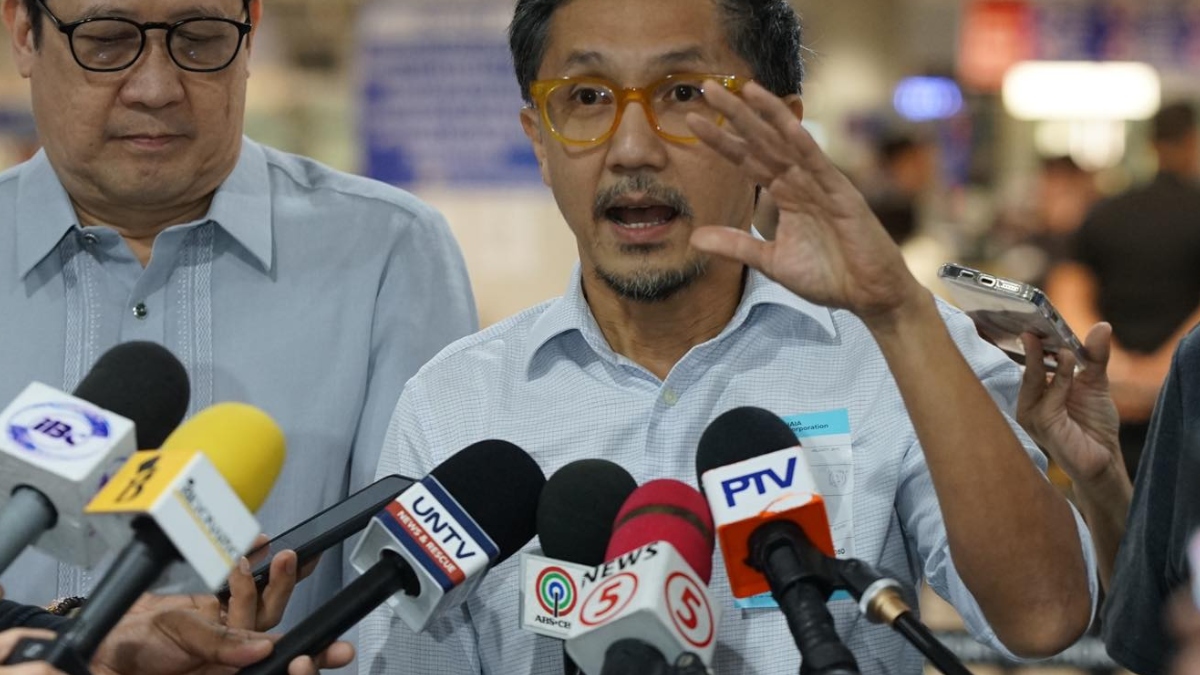In the wake of deadly road crashes, the Department of Transportation (DOTr) is enforcing immediate reforms, including mandatory drug testing and shorter driving hours for public utility vehicle (PUV) drivers.
Transportation Secretary Vince Dizon on Monday said he is signing a department order that will require all PUV drivers to undergo regular drug testing, which will be coordinated with the Land Transportation Office (LTO), the Land Transportation Franchising and Regulatory Board (LTFRB), and the Philippine Drug Enforcement Agency (PDEA). The tests may be done as often as every 90 days.
The announcement follows recent fatal road accidents, including the Tarlac City Toll Plaza tragedy that claimed 10 lives, and a separate incident at NAIA Terminal 1 that killed two.
Dizon did not hold back his frustration over reports that the driver involved in the Solid North crash refused drug testing. “He has no choice,” he said, pointing out the absurdity of someone involved in a deadly crash declining to be tested.
To address driver fatigue, Dizon also ordered a reduction in the allowable consecutive driving time—from six hours to four. He emphasized that bus companies must deploy a dedicated relief driver, not a conductor acting in dual roles. “That’s no longer acceptable,” he stressed.
In addition to these measures, Dizon directed the LTO and LTFRB to enforce more rigorous and consistent vehicle road-worthiness inspections, aligned with international standards. He also advocated for enhanced driver education and strict enforcement of the Road Speed Limiter Act.
Calling the current system “broken,” Dizon said the government must urgently act to restore public confidence in road safety. He also expressed support for Senator Grace Poe’s push to establish a Philippine Transportation Safety Board, a proposed independent body tasked with investigating all transport-related incidents across land, air, sea, and rail.
“We all travel these roads every day,” Dizon said. “What happened in Tarlac and NAIA could happen to any of us. That’s why these changes cannot wait.”






